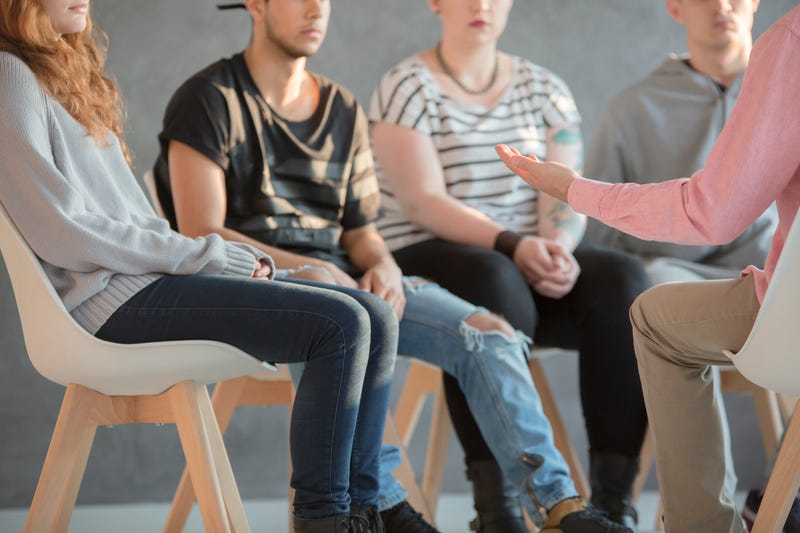
PHILADELPHIA (KYW Newsradio) — A new study of high school student behavior during the COVID-19 pandemic shows a correlation between lack of sleep and poor mental health outcomes. Researchers say they hope it will help school administrators and families better support students.
The findings are based on a 2021 survey conducted during the first full school year after the discovery of COVID-19, at a time of widespread school closures.
CDC research scientist Sarah Sliwa says they were interested in learning about how much sleep teenagers were getting during this time period — “and what implications might that have for their learning and for their overall well being.”
Sliwa says her team found that about 75% of students are falling short of sleep recommendations.
“That means they're getting less than the [recommended] eight or more hours of sleep per night,” she said.
Sliwa said they found three points of data that correlated to each other: “We saw that relationship between students not sleeping enough, having more difficulty doing schoolwork and poor mental health.”
If a student got less than 7 hours of sleep per night, she said, “they were more likely to report having greater difficulty doing their schoolwork during the pandemic, compared to before the pandemic. We saw that there was an association moving in the direction towards less sleep.”
Sliwa says those students who didn’t get enough sleep were also reporting more adverse mental health symptoms.
“When you get down into the students who are only experiencing four or five hours of sleep, you're seeing much higher prevalence of poor mental health among those students at the really low end of that sleep spectrum,” Sliwa said.
She says this information can help administrators and families working to help students who were most affected during the pandemic.
“We know from other data that adolescents are experiencing a mental health crisis. And we know that schools are working hard to support learning recovery, and they're being stretched in a lot of different directions. And so I think just keeping in mind that strategies that have the potential to support multiple outcomes are beneficial.”
In thinking about how schools can best help students holistically, she said, maybe sleep should be part of a broader strategy to support adolescent mental health and learning.

